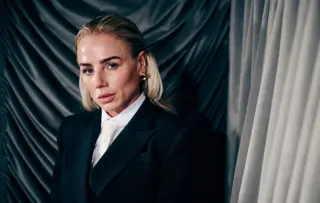News
International Women’s Day: World 11 on #InspireInclusion
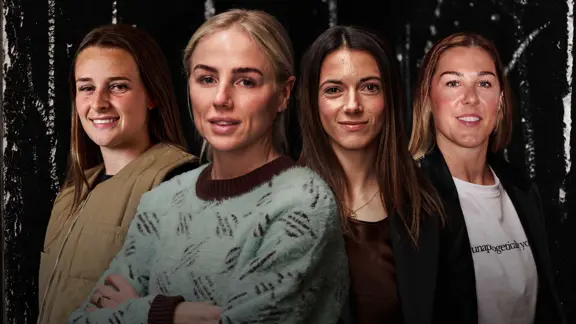
Friday 8 March marks the UN’s International Women’s Day, celebrating women’s achievements, raising awareness for women’s equality, and calling for positive change in advancing the collective interests of women.
This year’s theme is #InspireInclusion, which aims to forge a more inclusive world for women. When others are inspired to understand and value women's inclusion, a better world is forged.
FIFPRO asked members of the FIFA FIFPRO Women’s World 11 what inclusion means to them. This is what they had to say.
World 11 on what inclusion really means
Mary Earps
"To me, inclusion means that there's a place for everybody – and a safe space for everybody – in whatever industry they are in, wherever they work, whoever they are. Whatever their background may be, there is a safe space for every person, because we're all different, we're all unique.
"Inclusion is so important. The beauty of the world is that everybody is different. The diversity of the world is what makes it a magical place, with everybody’s different perspectives and different ways of doing things. To be able to bring everybody together in an inclusive manner allows a team, a business, and society in general to thrive."
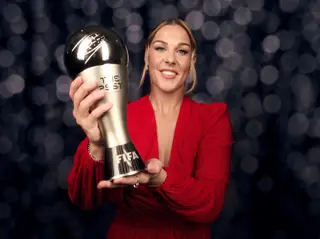
Aitana Bonmati
"Inclusion covers many issues, doesn't it? In the end, inclusion means accepting everyone as they are, in terms of who they are as a person, what their tastes are, what colour their skin is. We are all equal in the end; we are all people. We need to simply accept everyone as they are."
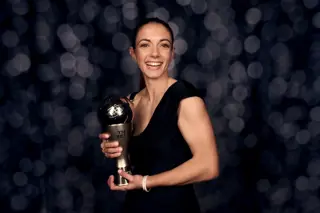
Ella Toone
"Inclusion to me is making sure that everyone has an equal opportunity of being involved in what they want to be involved in and starting out their journeys, whether that's in football or elsewhere, and having places that can be open to everyone."
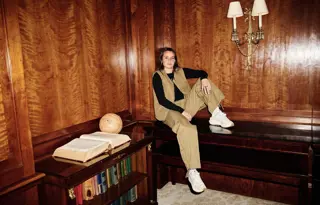
Alex Greenwood
"Inclusion for me is that everyone has an equal opportunity to be involved in whatever they want to, whether that's sport or whatever it is in life that they want to be a part of.
"It's a world now where I think everyone should be able to achieve what they want to achieve. That comes from inclusivity, and it's something that as a nation in England, we're trying to push boundaries for. Especially as a female, it's something I’m very conscious of doing and speaking about more openly, so we need to have more conversations about it, feel comfortable about speaking about it, and I think it opens up uncomfortable conversations that need to be had sometimes."
